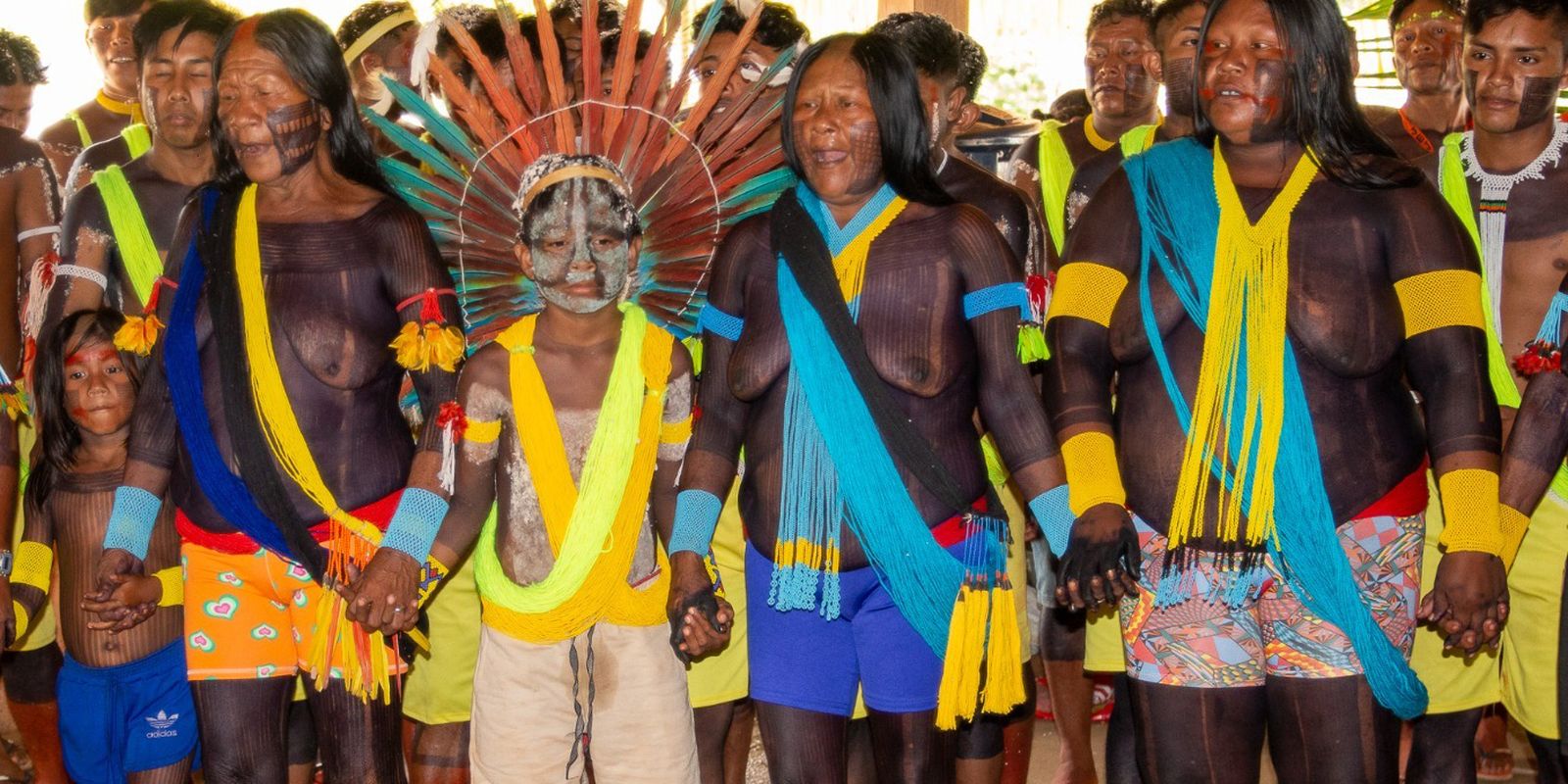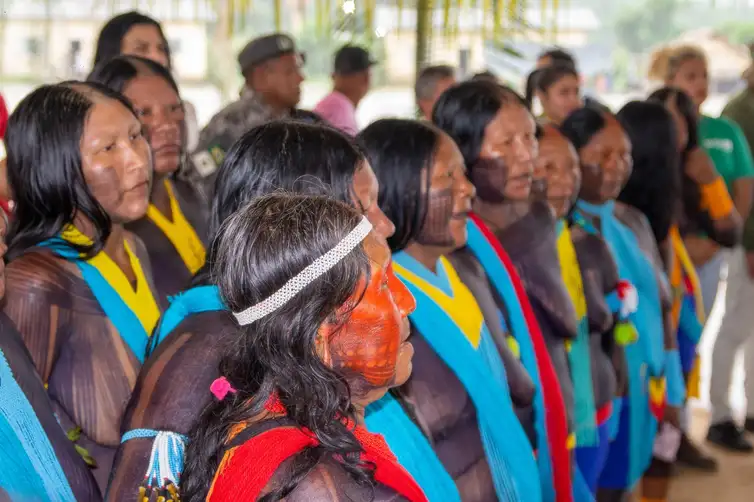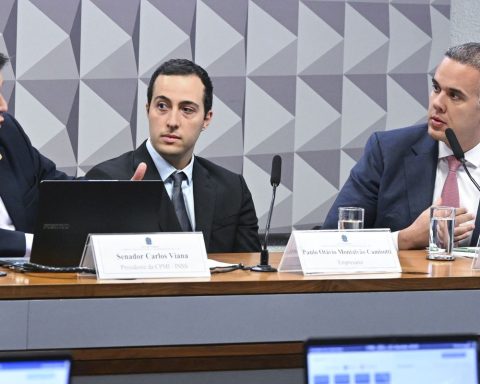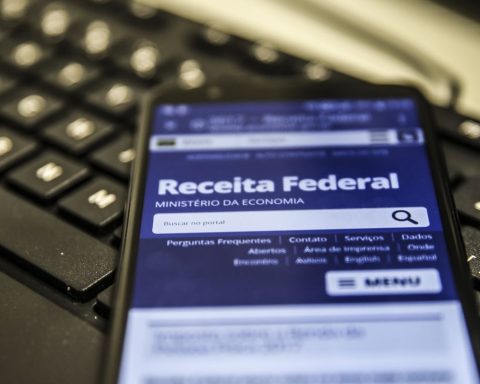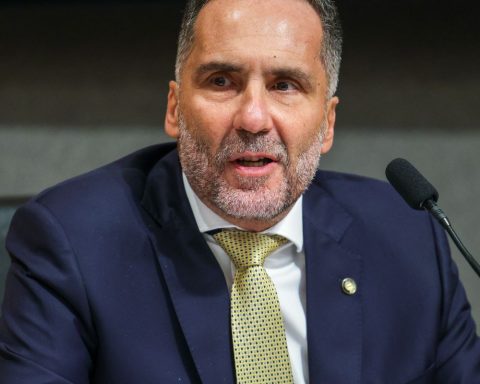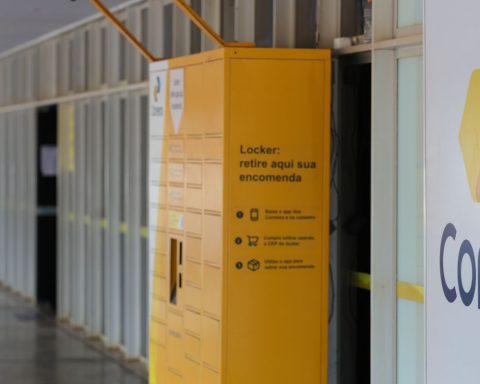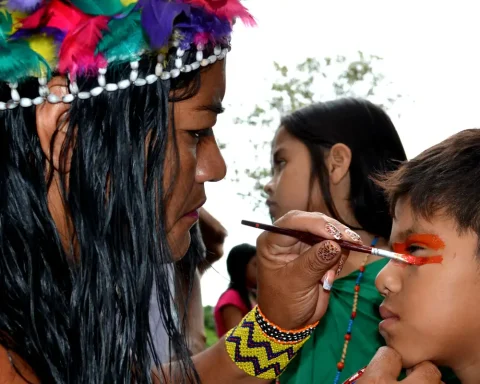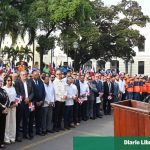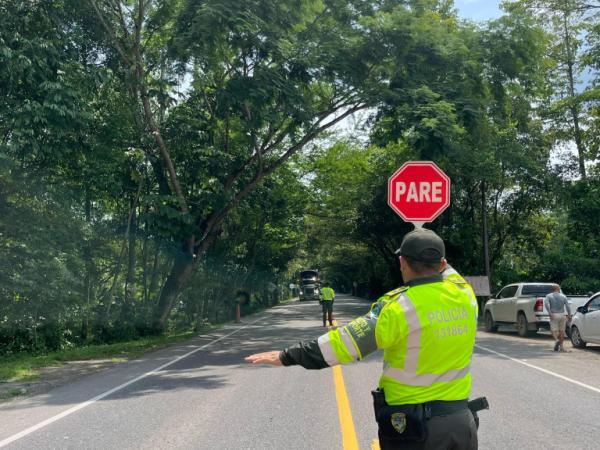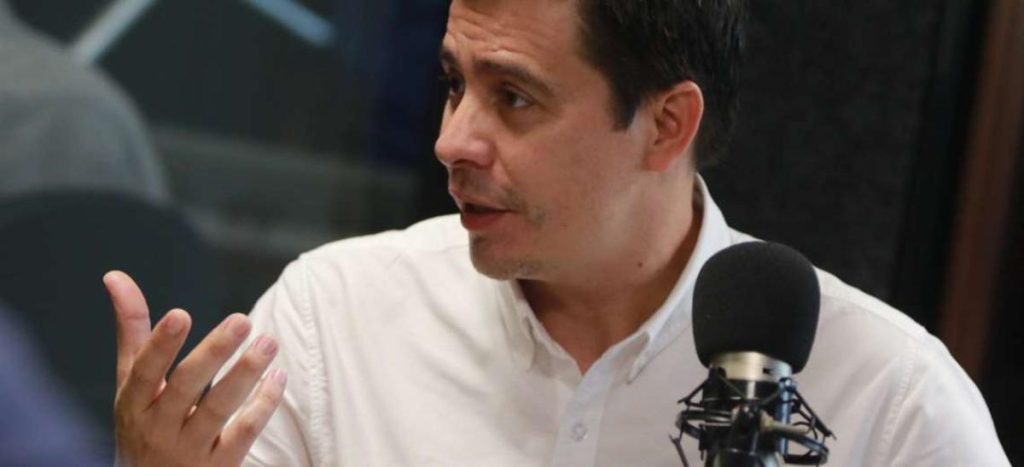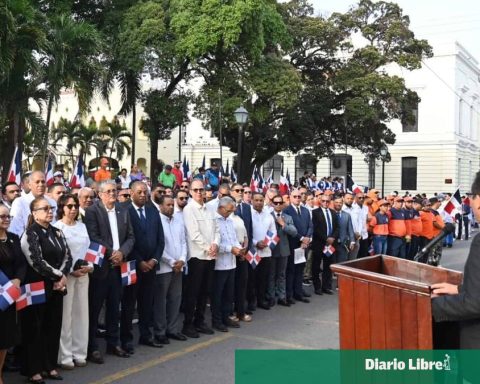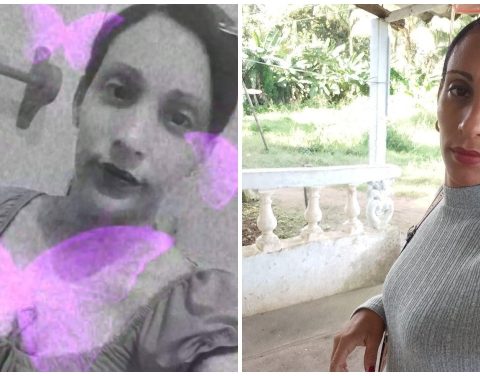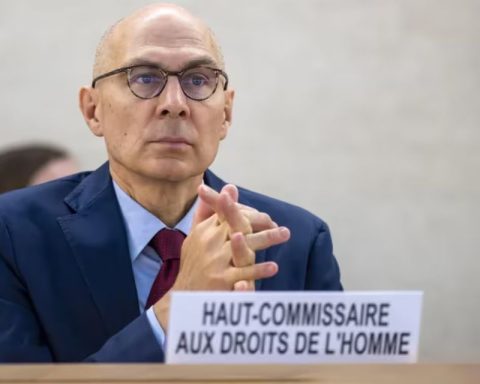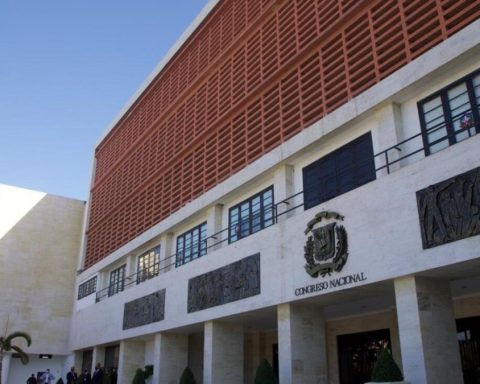This April 19, when Brazil celebrates Indigenous Peoples Day, an event in the city of Altamira, Pará, celebrates the culture, sport and protagonism of the Mẽbêngôkre Xikrin people. At Jarbas Passarinho Municipal Theater, the program features a craft exhibition, body painting, dance presentations and traditional songs, among other activities throughout the day.
The day will be marked by two prominent moments in the same place, with the launch of the documentary that portrays the Kwyrykangô – Cassava Party – one of the most important traditions of the Mẽbêngôkre Xikrin people, and the signature of a sponsorship of Transpetro to support culture and sport Xikrin.
At 2 pm, there will be the signing ceremony of sponsorship to the Kukràdjá Xikrin project, which fosters traditional and contemporary sports in the 13 villages represented by the Berê Xikrin Indigenous Association of the Bacajá Indigenous Land. The initiative foresees the holding of arc and arrow games, running, cable of war, sebum stick, as well as friendlies of men’s and women’s soccer. The project will serve more than 400 indigenous people, including children, youth and adults.
“We want everyone to know our culture and thus be respected by it,” said Bep Kamati Xikrin, president of the association, reinforcing the role of sport and culture as a bridge among peoples.
Closing the programming, from 19:30 will be displayed the documentary Roots of the celebration. The 30 -minute production shows the meanings of the Kwyrykangô party, an ancestral ritual that celebrates the harvest, fertility and life among the Xikrin.
“This documentary is another way of being remembered, seen and understood,” said Beba Kamati Xikrin.
The documentary is spoken in full in the Xikrin language, with Portuguese subtitles. It is a record narrated by the indigenous ones themselves, in the first person, without external intermediation. Production is national, developed with active participation of the Xikrin community in all stagesfrom conception to realization, as a way of ensuring protagonism and autonomy in the preservation and dissemination of its culture.
Before the screening, the public will be able to watch traditional dance and singing performances, with the participation of the Xikrin community. After the documentary, there will be a debate with directors, representatives of the partner institutions and members of the indigenous community.
